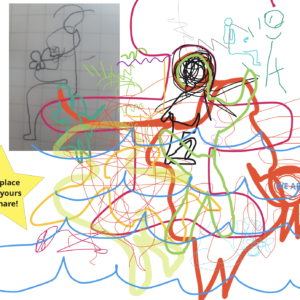
The Relational Becoming of a Participatory Design Commoner
Marttila, S., van Amstel, F., Saad-Sulonen, J., Botero, A., Poderi, G., Teli, M.,and Commoner, P.(2025) The Relational Becoming of a Participatory Design Commoner, in Brandt, E., Markussen, T., Berglund, E., Julier, G., Linde, P. (eds.), Nordes 2025: Relational Design, 6-8 August, Oslo, Norway. https://doi.org/10.21606/nordes.2025.22 - Jul 25, 2025